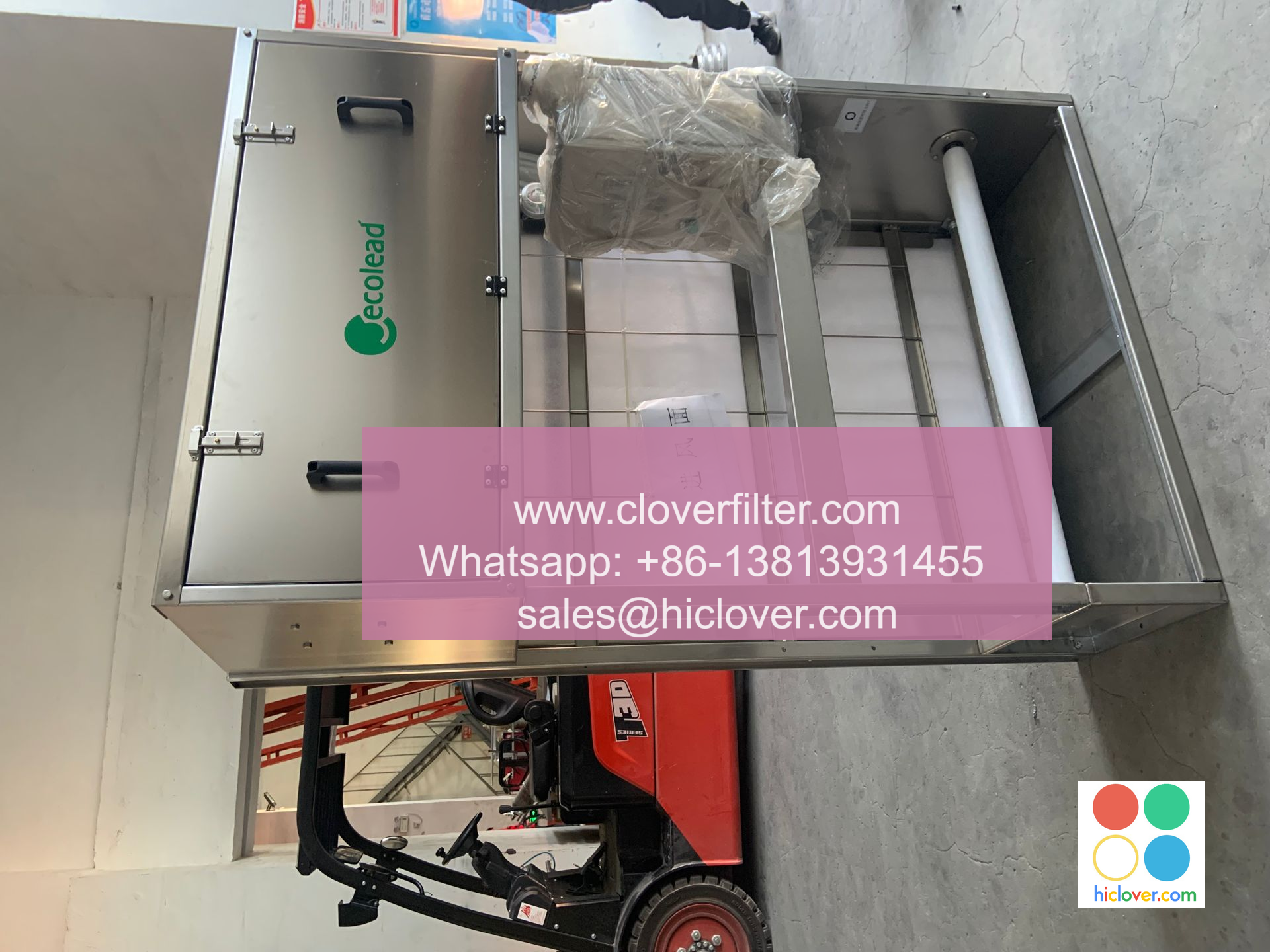Boosting Air Quality: The Benefits of Automatic Air Filters

Boosting Air Quality: The Benefits of Automatic Air Filters
Introduction
Air quality has become a significant concern in recent years, with pollutants and toxins present in every corner of our environment. Exposure to poor air quality can lead to a range of health problems, from minor irritations like coughing and sneezing to more severe conditions like asthma and even chronic diseases. Fortunately, there are effective solutions to improve indoor air quality, including automatic air filters. In this article, we’ll explore the benefits of these filters and highlight their application areas.
Benefits of Automatic Air Filters
Automatic air filters, also known as smart air purifiers, use advanced technology to detect and respond to changes in air quality, ensuring a healthier and more comfortable indoor environment. Some of the key benefits of these filters include:
- Improved Air Quality: Automatic air filters capture a wide range of pollutants, from dust and allergens to particles and gases, reducing the levels of airborne toxins and improving air quality.
- Increased Productivity: Good air quality has been shown to improve cognitive function and boost productivity, making it an essential tool for offices, schools, and homes.
- Reduced Allergy Symptoms: By capturing allergens like dust, pollen, and pet dander, automatic air filters can significantly reduce the symptoms of allergies and asthma.
- Commercial Spaces: Offices, schools, and hospitals require good air quality to maintain employee and patient well-being. Automatic air filters ensure a healthy indoor environment, improving productivity and overall performance.
- Residential Homes: Busy households with families, pets, and allergies require effective air filtration systems to maintain a healthy living space. Automatic air filters make it easy to monitor and manage air quality.
- Indoor Spaces: Restaurants, shopping malls, and other public indoor spaces require advanced air filtration systems to maintain high standards of hygiene and customer comfort.
- Industrial Settings: Factories, warehouses, and manufacturing facilities produce pollutants and emissions, making air filtration systems a crucial component of industrial safety.
Application Areas
Automatic air filters are essential in various settings, including:
How They Work
Automatic air filters work by using sensors to detect changes in air quality, which trigger the filter to adjust its operation accordingly. This may involve adjusting fan speed, filter cleaning, or even notification of maintenance or replacement. These filters can also be integrated with other smart devices, allowing users to monitor and control air quality remotely.
Conclusion
Poor air quality can have serious consequences for our health and well-being. Automatic air filters offer an effective solution, providing improved indoor air quality, increased productivity, and reduced allergy symptoms. By understanding the benefits and application areas of these filters, we can take steps to create healthier indoor environments, no matter where we are.
Keywords: air quality, automatic air filters, smart air purifiers, productivity, allergy symptoms, commercial spaces, residential homes, indoor spaces, industrial settings.
Tagged with: air quality solutions, indoor air quality, health and wellness, smart home solutions, commercial cleaning, industrial maintenance.
I’m ready to assist you. What would you like to talk about or ask?

